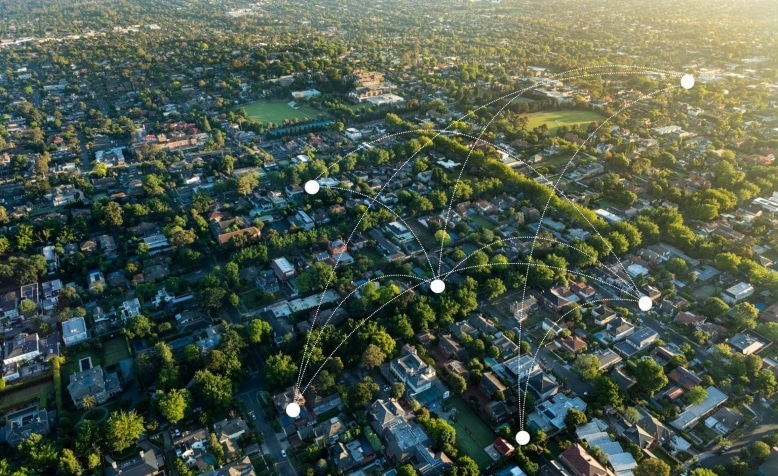Broadband Office Name: Broadband Expansion and Accessibility of Mississippi (BEAM) Office
BEAD Award Amount: $1.2 B
Mississippi Broadband Director: Sally Doty
Website: https://www.beam.ms.gov/
Mississippi BEAD Program Tracker
| State | IP Vol 1 Approval | IP Vol 2 Approval | Challenge Process Submission Started | Challenge Process Final Determination Phase Completed | 1-Year Subgrantee Selection Process |
|---|---|---|---|---|---|
| Mississippi | Yes | No | No – click for more info | N/A | N/A |
Mississippi BEAD Program Information

Key Updates
Mississippi is still awaiting the approval of its Initial Proposal Volume 2 from the the National Telecommunications and Information Administration (NTIA).
Mississippi’s Challenge Process begins on July 17, 2024. The Challenge Process Submission portal will close on August 16, 2024. The Rebuttal Period ends August 31, 2024.
The state said they expect to complete the Final Determinations of the Challenge Process results by September 30, 2024.
Once the final results of Mississippi’s BEAD Challenge Process have been approved by the NTIA, the results will be published.
Mississippi BEAD Program Plans & Maps
Mississippi BEAD Program Initial Proposal Volume 2: Overview
*Information is subject to change. Mississippi is awaiting official approval of Initial Proposal Volume 2 from the NTIA.
Back to NTIA BEAD Program Tracker & Resources Page

